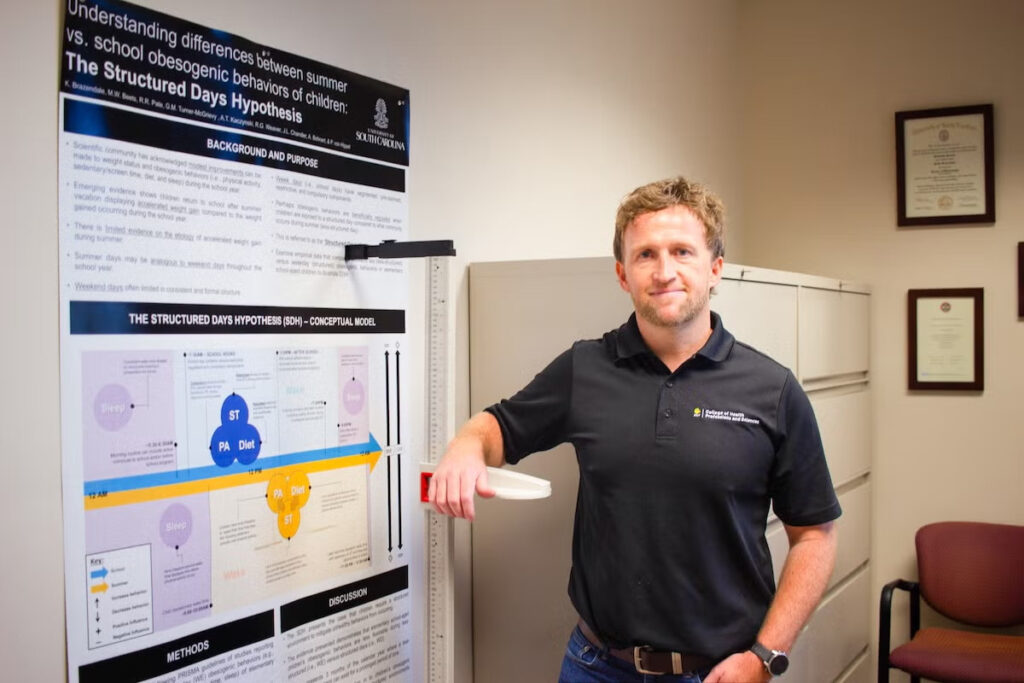
The Florida Center for Nursing at the University of Central Florida has published the results of its 2017 survey data in four research reports: three nurse education reports and one nurse faculty report.
The nurse education reports present information on student education capacity, discuss implications, and propose research and policy recommendations for state programs. The nurse faculty report discusses workforce issues, including nursing faculty data, analysis of trends, implications of the data, and research and policy recommendations.
“To meet industry demand for nurses, Florida must expand the production of qualified new nurses,” said Mary Lou Brunell, executive director of the Healthcare Workforce Research Initiative, home to the Florida Center for Nursing.
More than 300 schools were contacted for the research, with a response rate of 77.6 percent. The FCN found:
- The number of Licensed Practical Nurse programs has risen 24 percent since 2016.
- The number of associate and bachelor’s degree programs preparing new Registered Nurses has increased.
- The number of associate degree nurses entering and completing bachelor’s degree completion programs (RN to BSN) has doubled since 2013 to nearly 4,000 graduates in the 2016-17 academic year.
The FCN also reported there was room for improvement and growth in statewide nursing programs, such as decreasing faculty vacancy rates in baccalaureate and higher-level programs and increasing the number of master’s degree graduates.
“Florida needs to improve the return on its investments in nursing education,” Brunell said. “Increasing the number of programs while the number of graduates is declining is not cost effective.”







